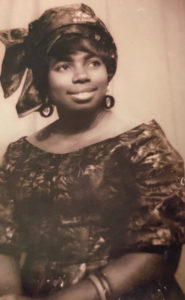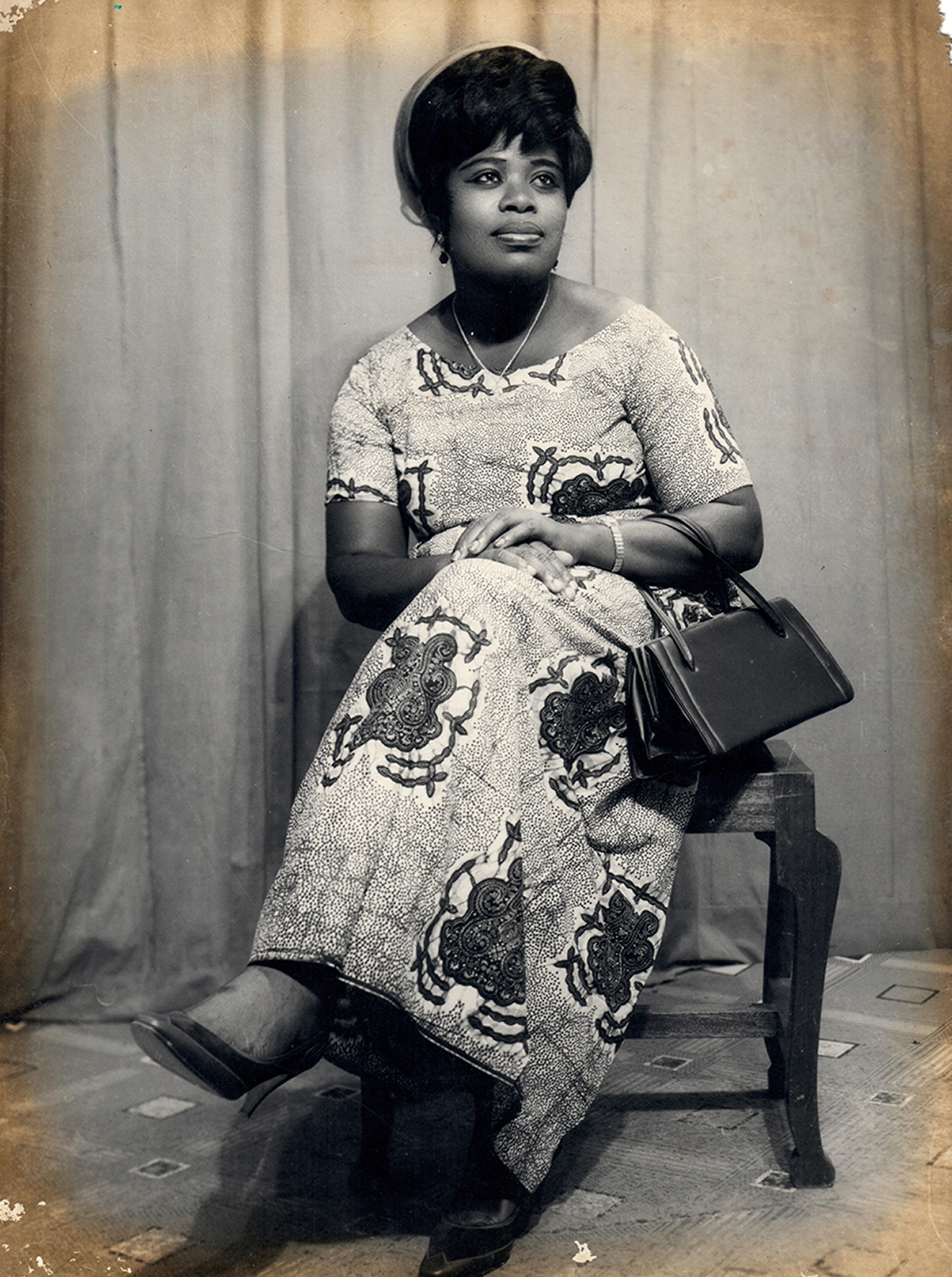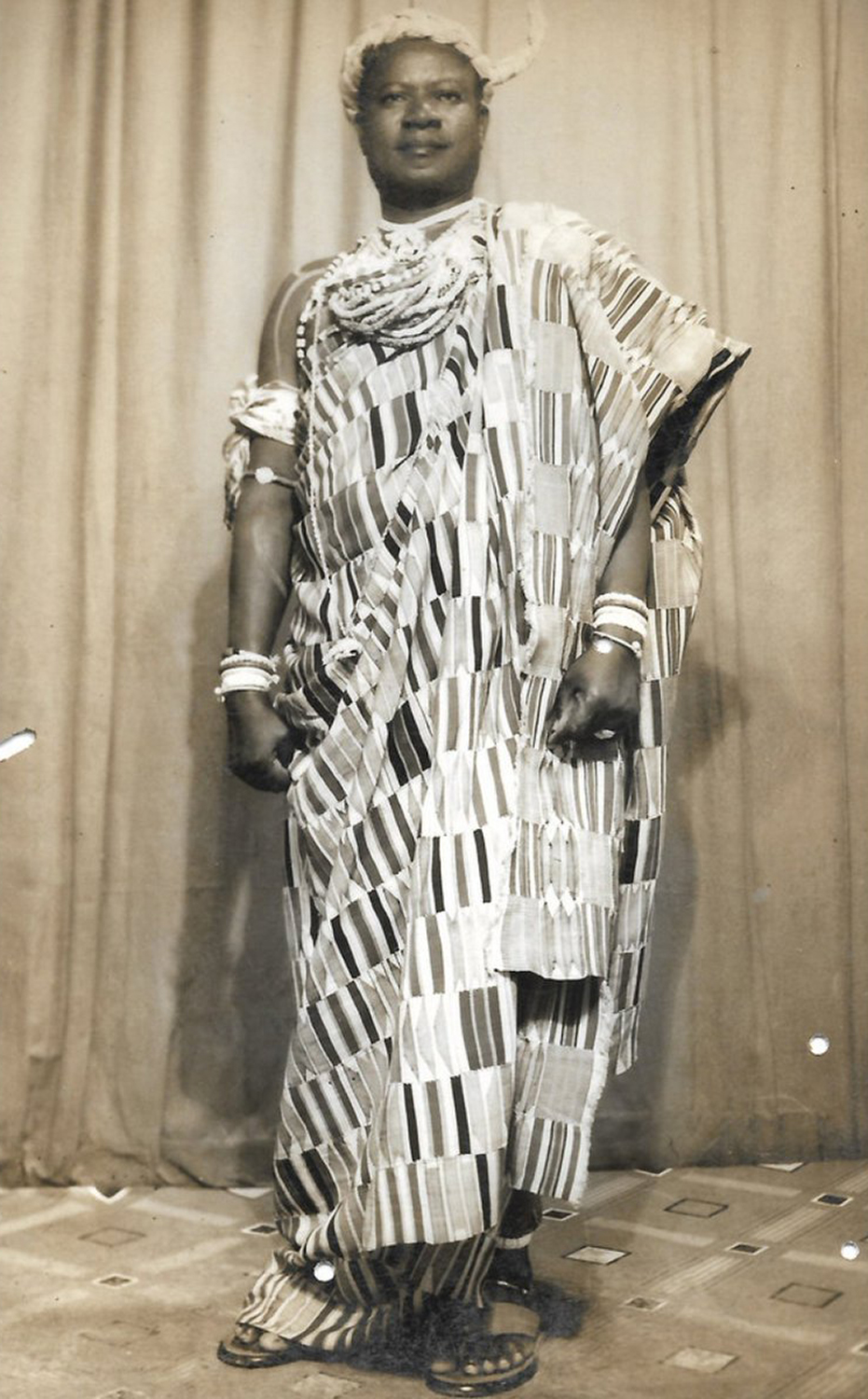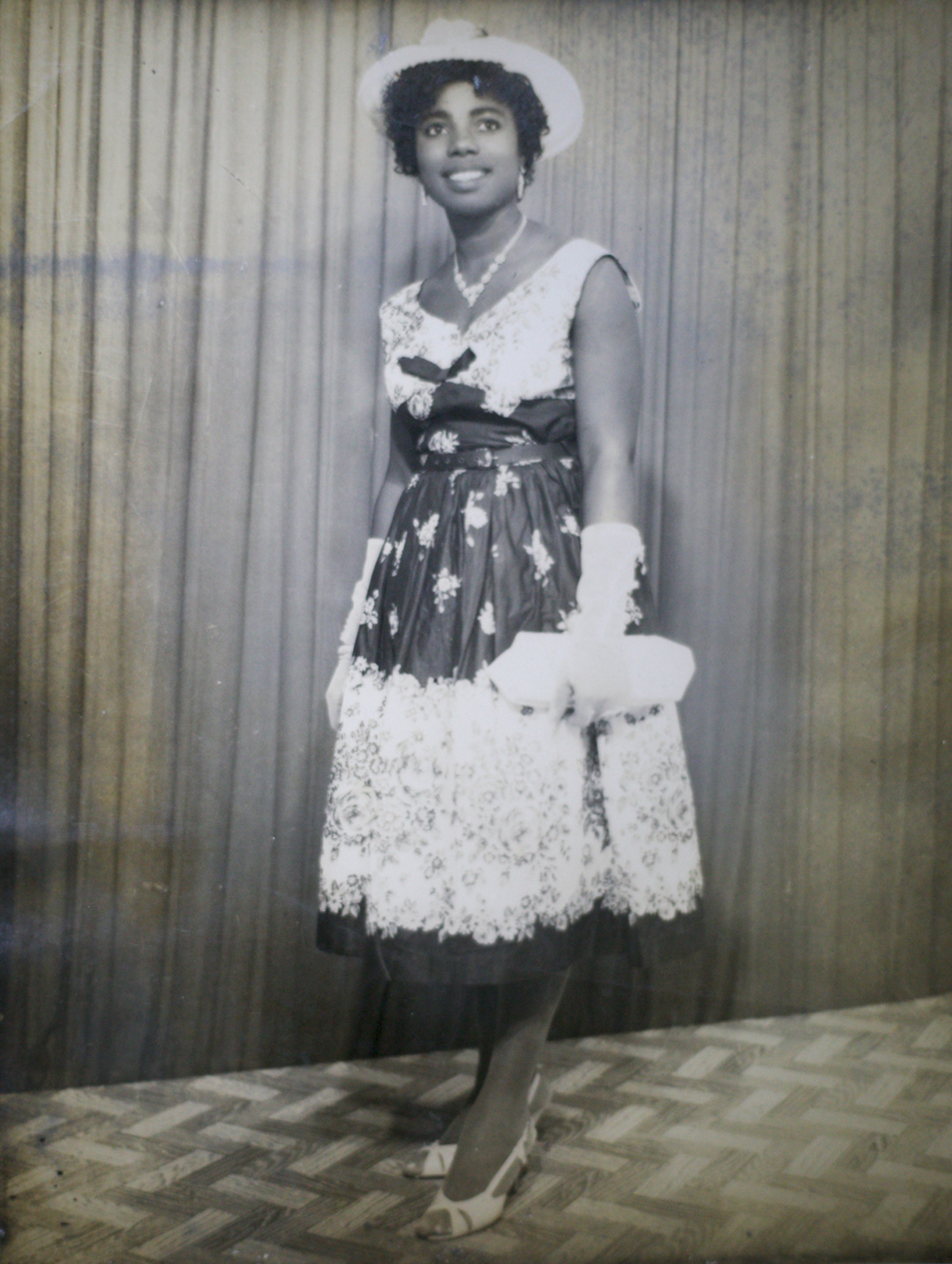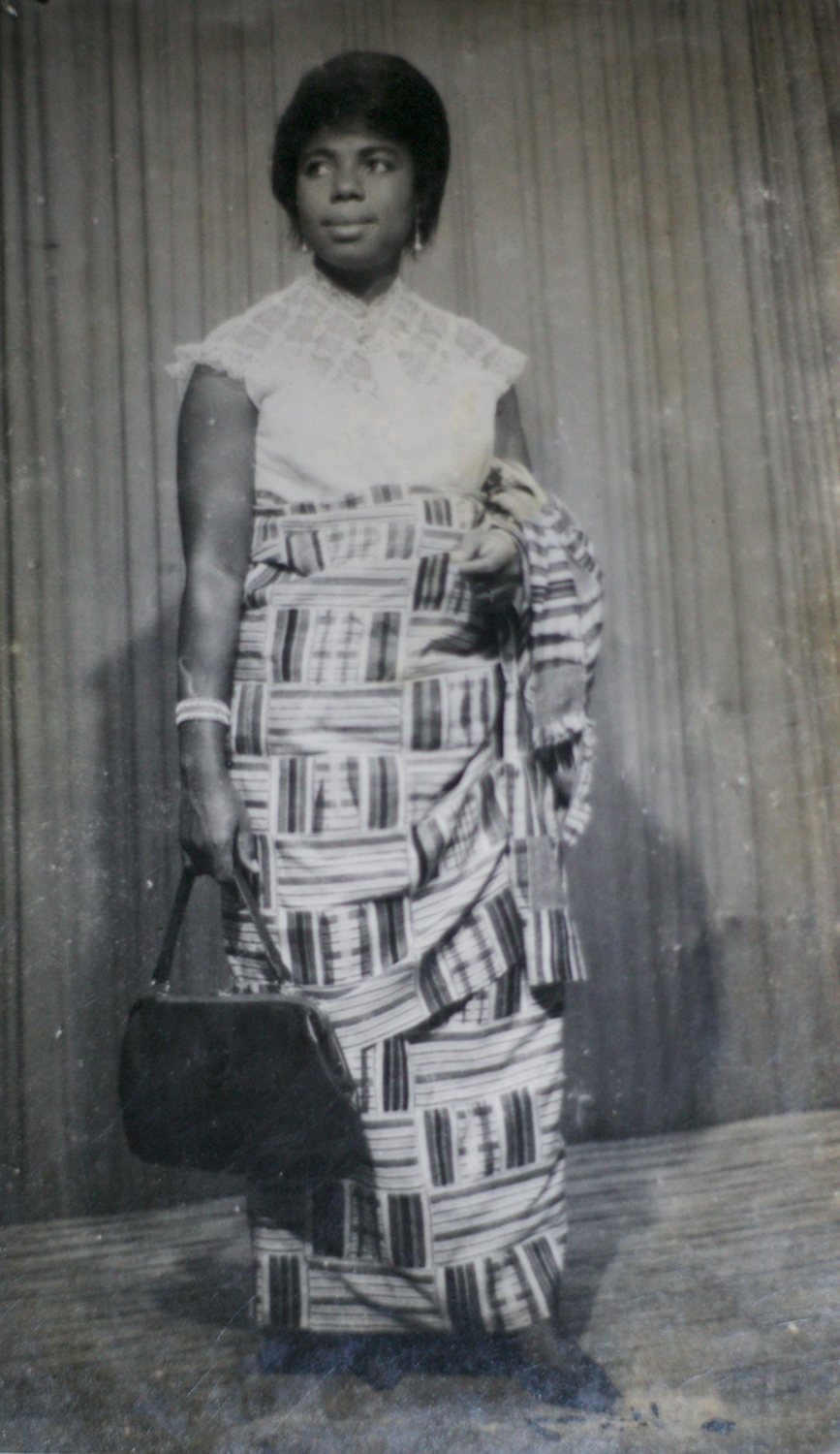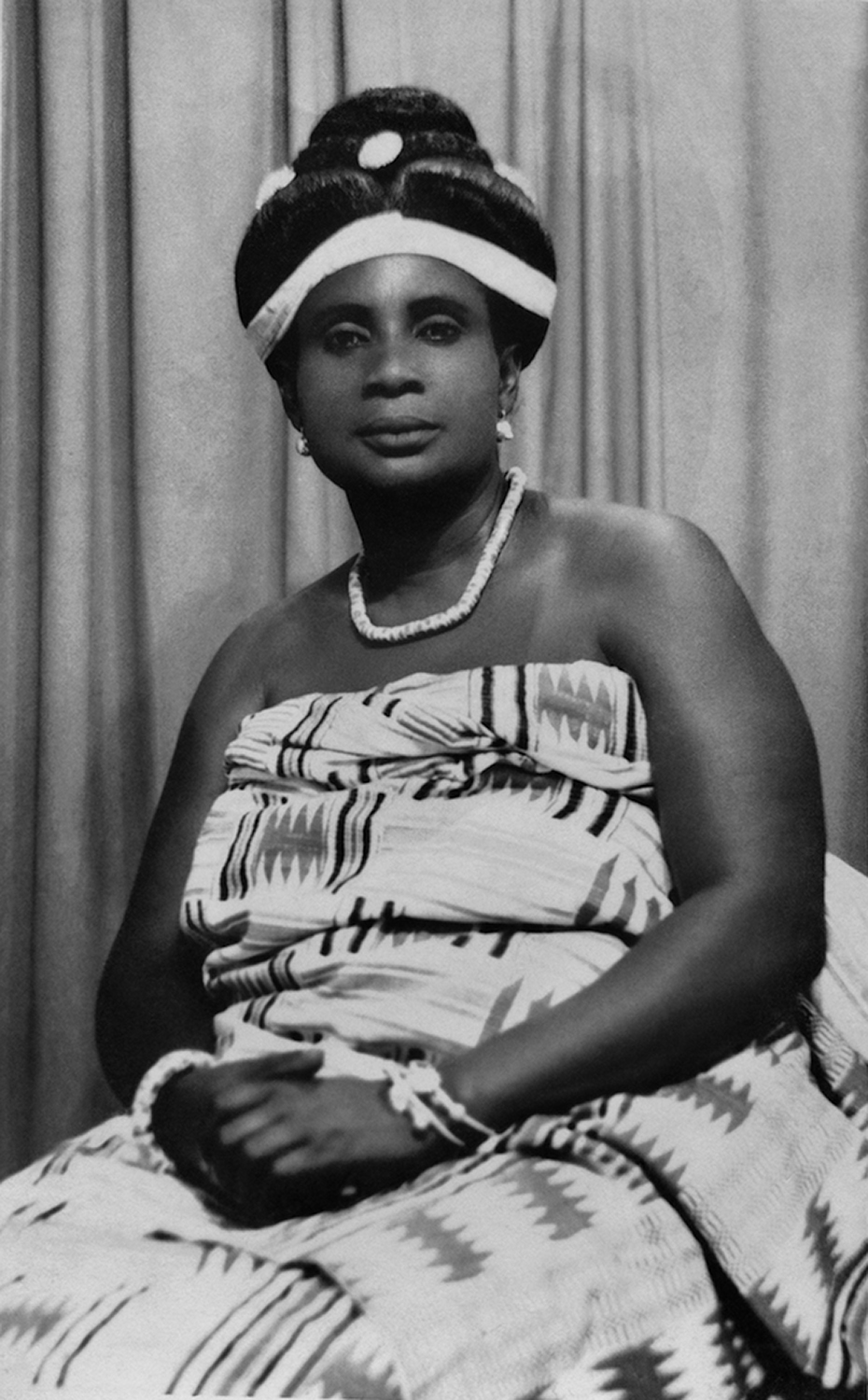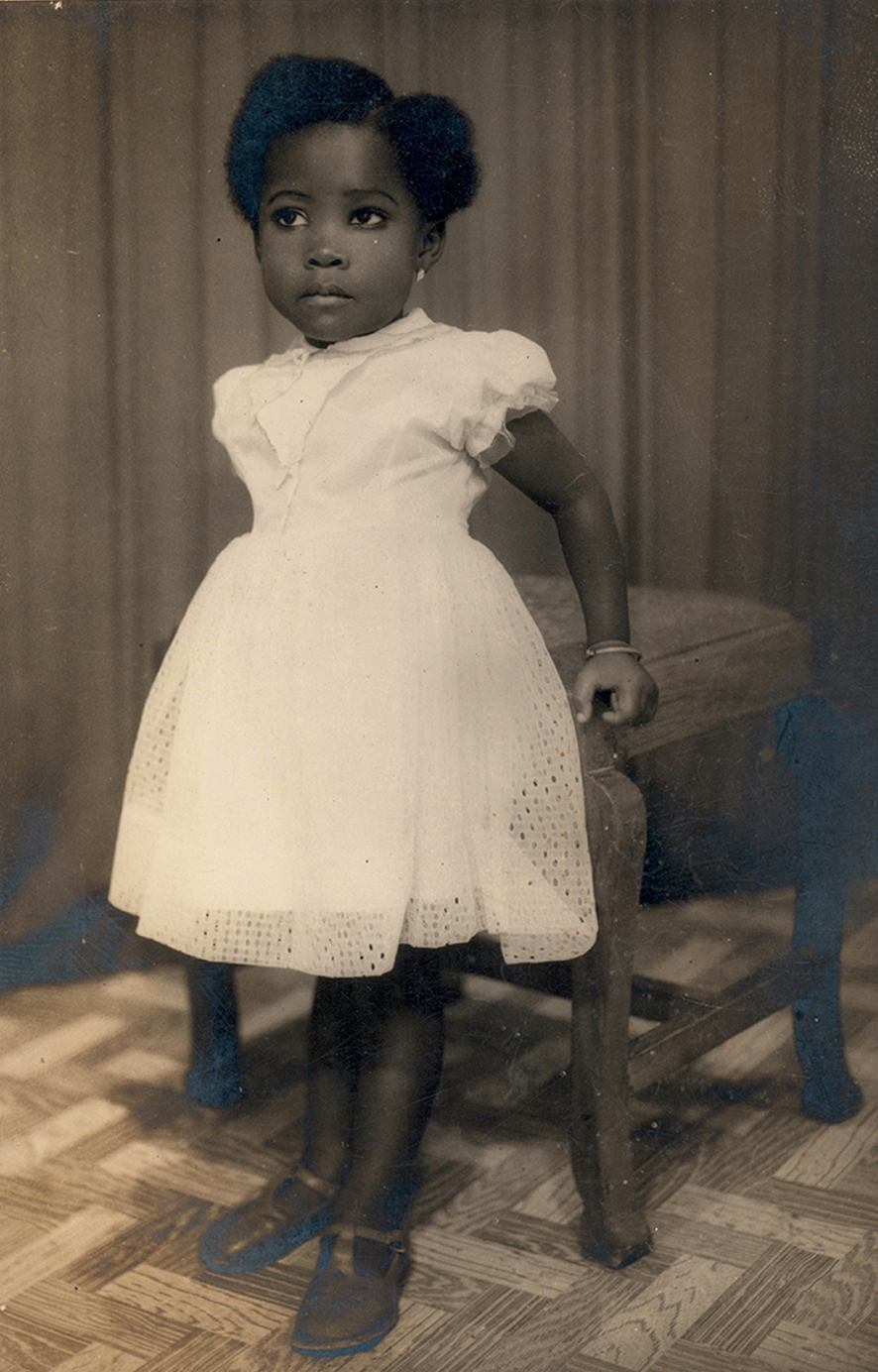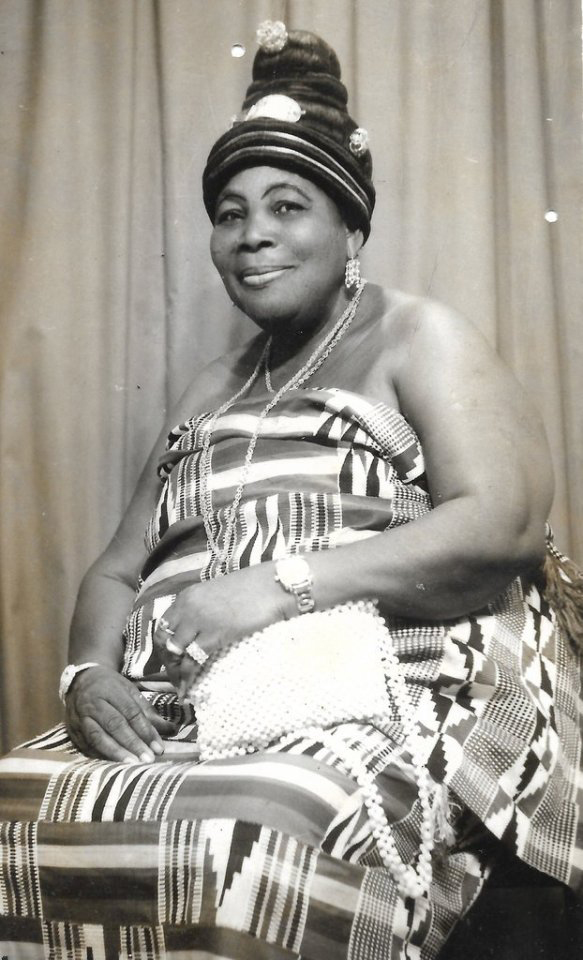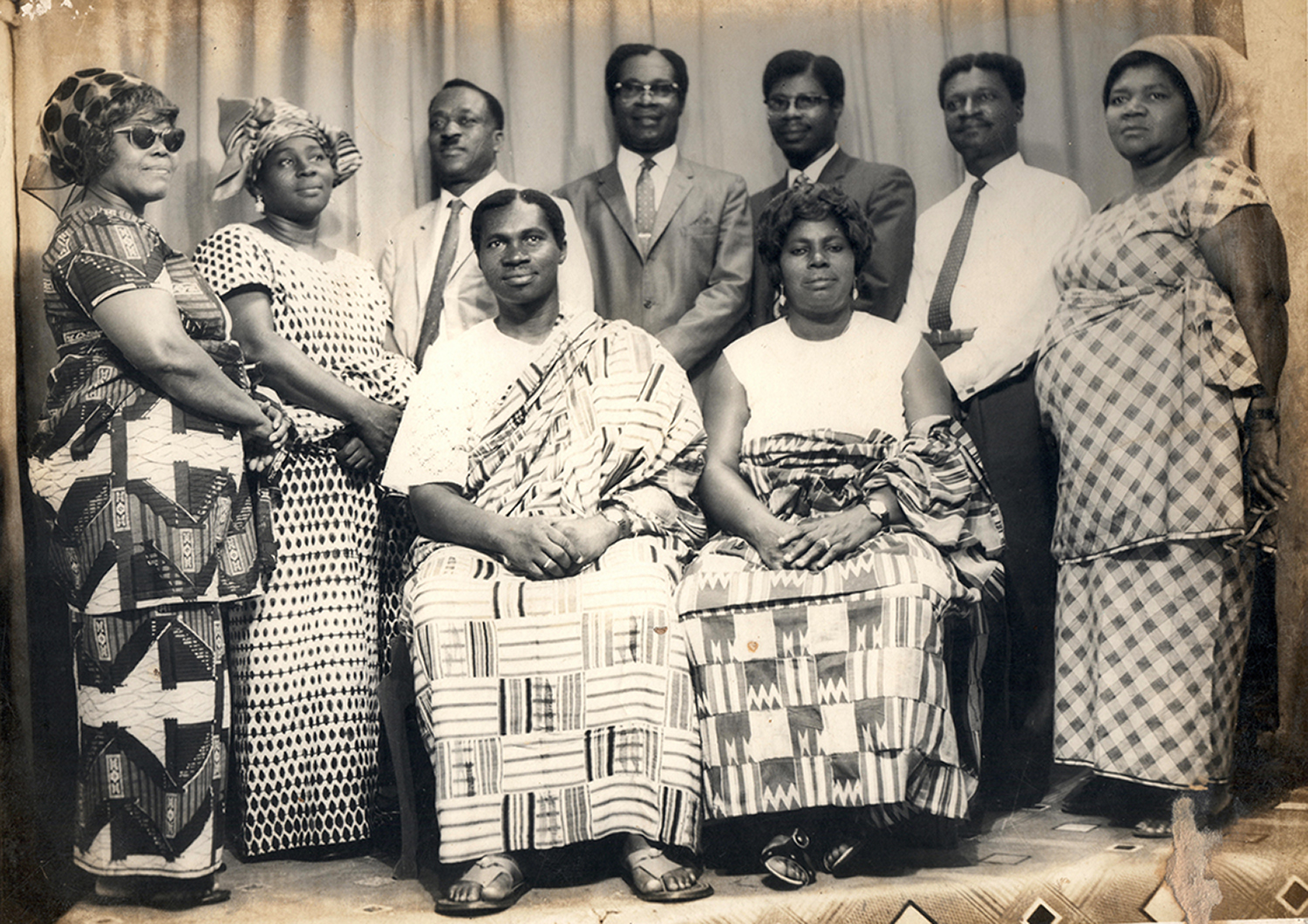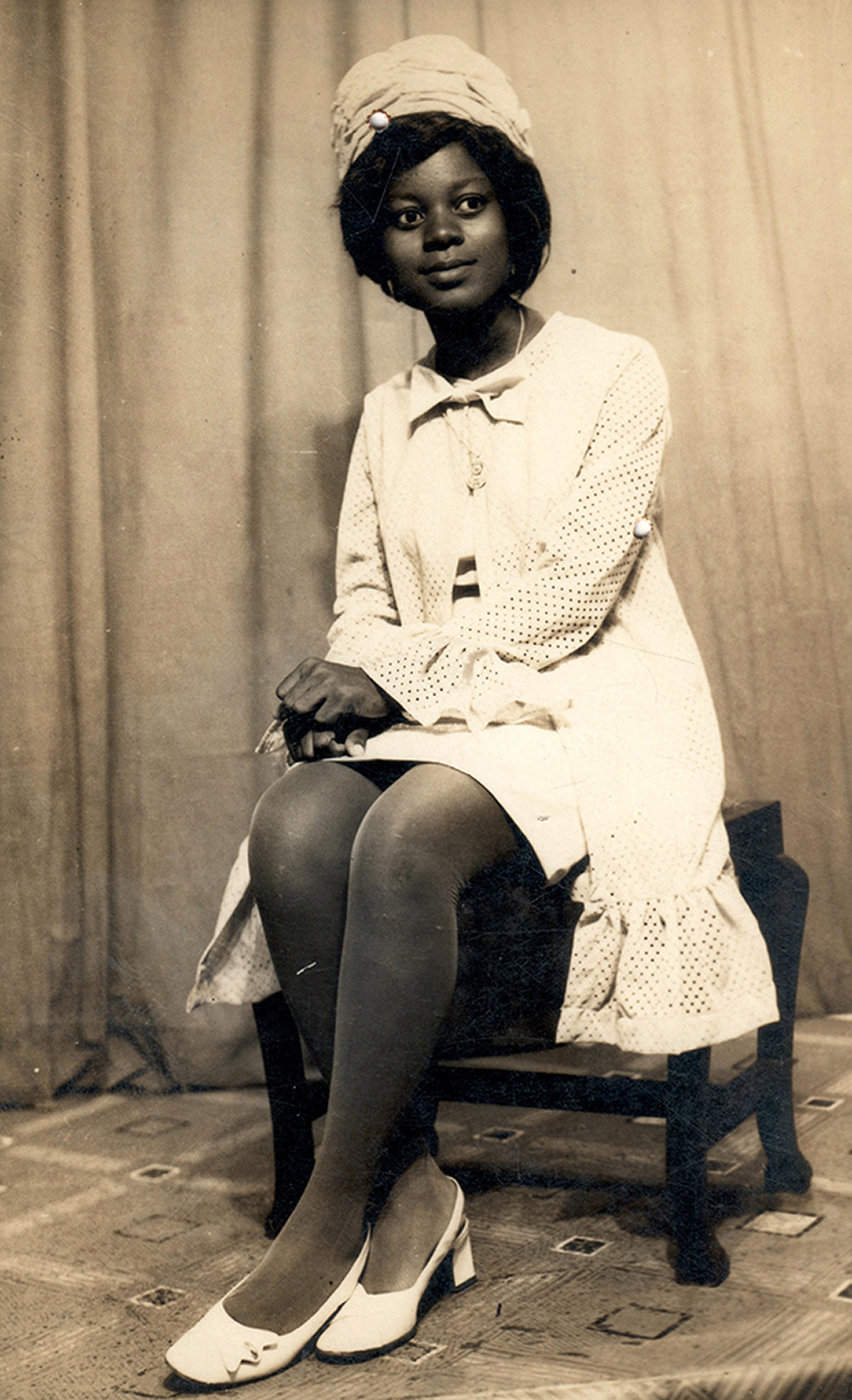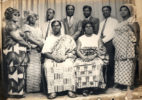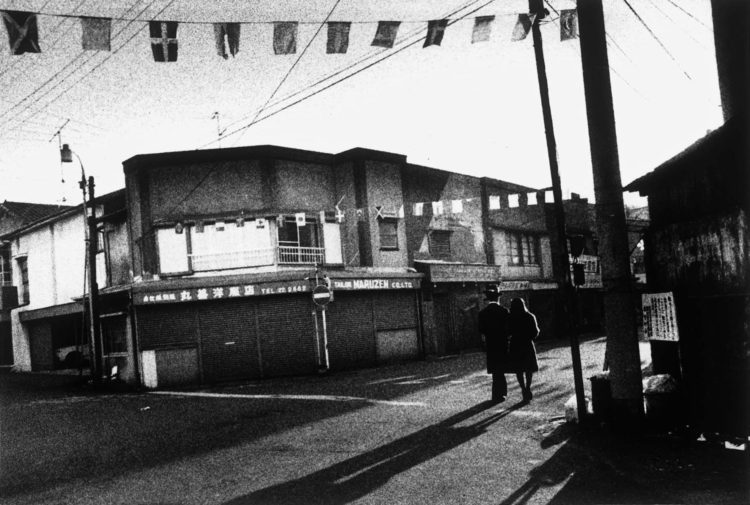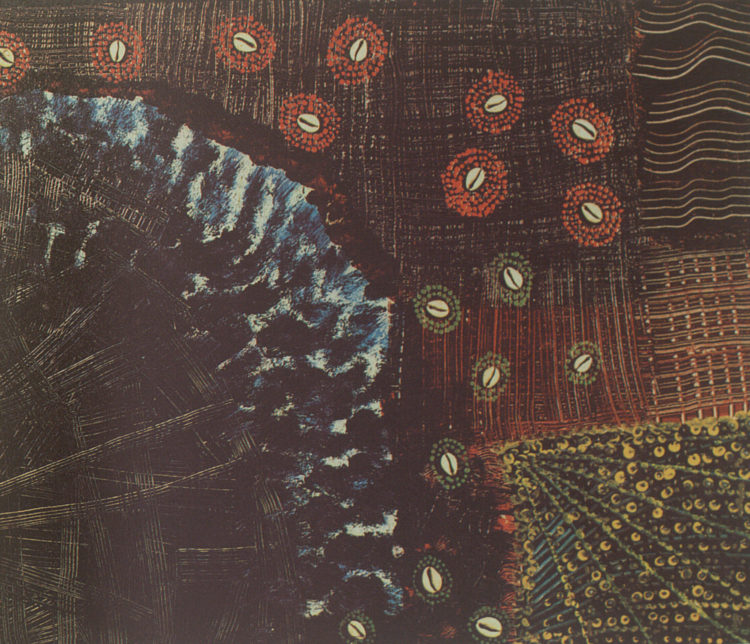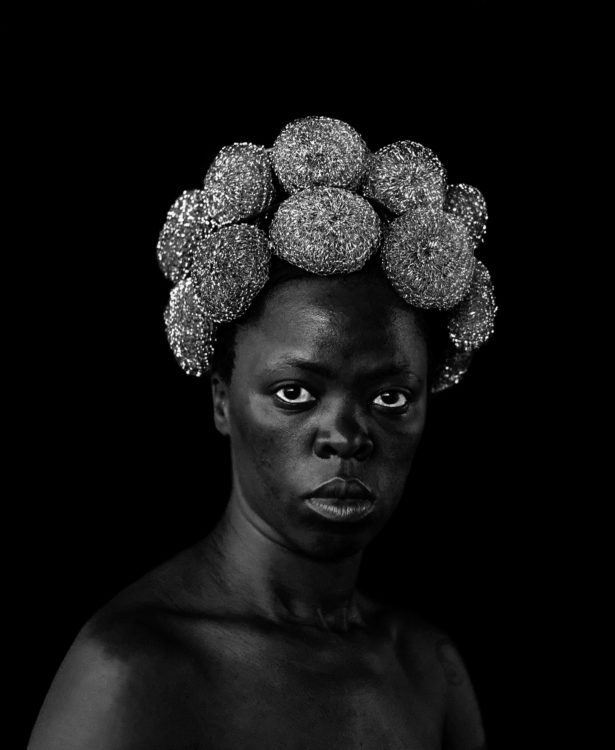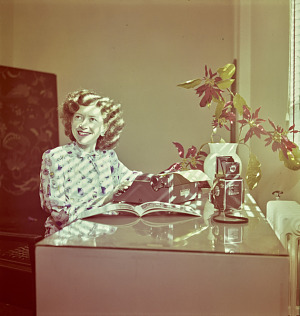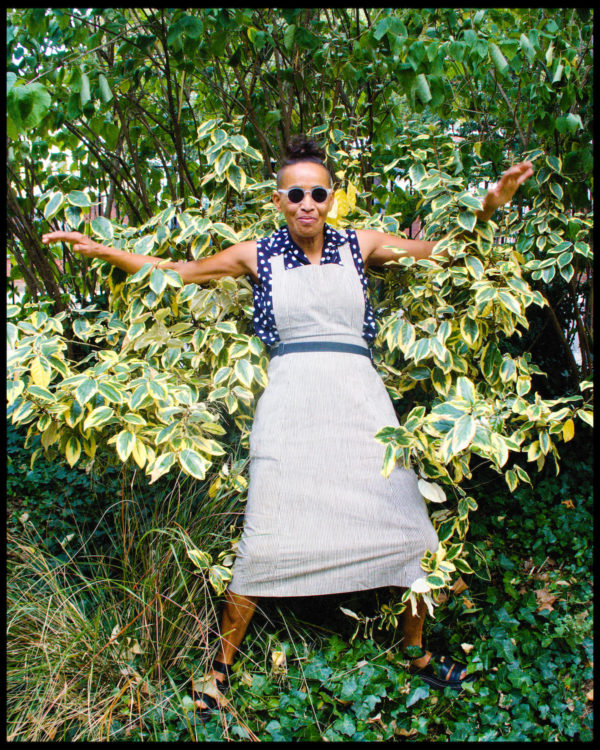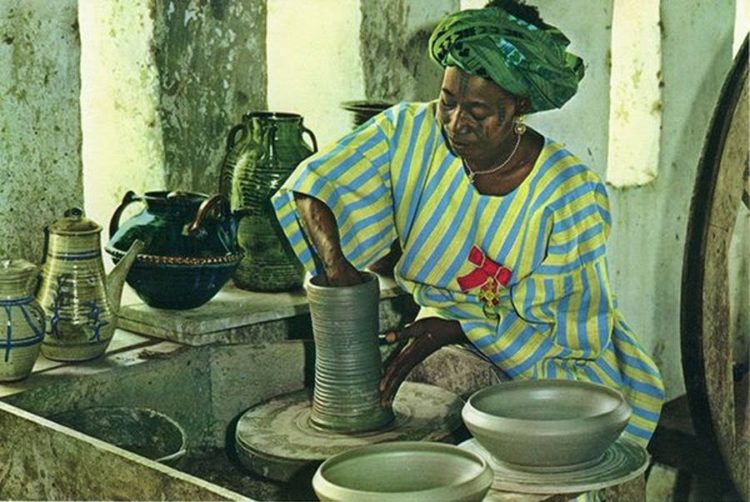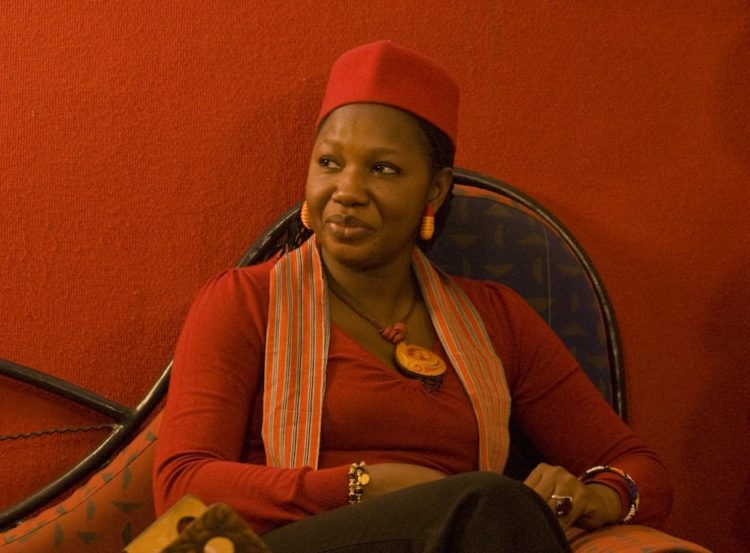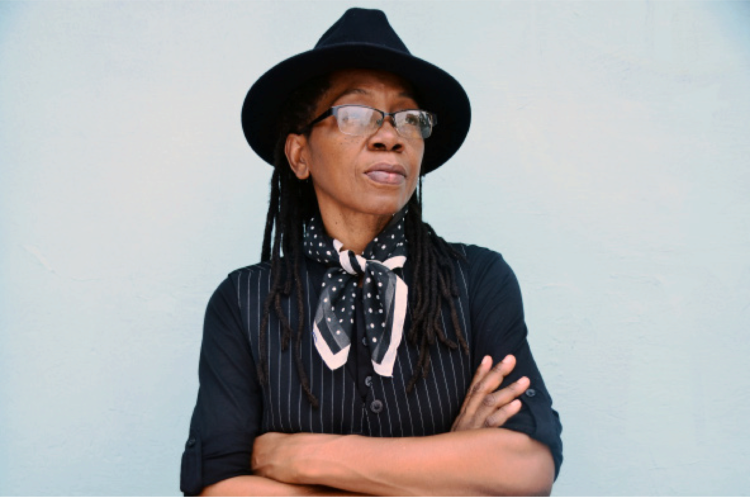Felicia Abban
Best, Tamara, “Portraits by Ghana’s First Woman Photographer”, The New York Times, March 7, 2018
→Bowles, Laurian R., “Dress Politics and Framing Self in Ghana: The Studio Photographs of Felicia Abban”, African Arts, vol. 49, no. 4, November 24, 2016, p. 48–57
Accra: Portraits of a City, ANO Gallery, Accra, March 4 – April 1, 2017
→Ghana Freedom, 58th Venice Biennale, Venice, May – October 2019
Ghanaian photographer.
Felicia Ewuraesi Abban (nee Ansah) began her photography career as an apprentice of her dramatist, painter, photographer and entrepreneur father, Joseph Emmanuel Kwesi Gyasi Ansah. J. Ansah operated a photography studio in the harbour city of Takoradi, Ghana, where F. Abban was born, and her mother, Efua Tanoa Yankey, was a trader from Dixcove-Ahanta. F. Abban is the only daughter and the first of her parents’ six children. Her equally creative and talented siblings include the filmmaker Kwaw Ansah, the late designer Kofi Ansah and musician Tumi Ebow Ansah.
After three years of apprenticeship with her father, she continued to work with him for another two years. She left Ghana for a year to work with the Bennett’s studio in England. Around 1956, she relocated to Accra after marrying Robert Abban, a textile designer who later became the creative director of the Ghana Textiles and Manufacturing Company. R. Abban would go on to design Ghana’s Independence Day Commemorative fabric with the portrait of Kwame Nkrumah, the country’s first president and leader of the governing party, Convention People’s Party (CPP) in 1957.
F. Abban set up her photography studio in Accra, called Mrs Felicia Abban’s Day and Night Quality Art Studio. As business was slow initially, she took self-portraits and portraits when she attended private functions, and these were showcased as advertisement for her studio.
She impressed Kwame Nkrumah, Ghana’s first president, while she was covering a presidential event at Osu Castle, the seat of government at the time. He offered her a job as a member of the presidential press corps. She was also a photojournalist for Guinea Press, owned by the CPP. The press house published The Ghana Evening News and The Guinea Times newspapers. Her assignments included covering the 1961 visit to Ghana by Queen Elizabeth and Prince Philip.
As her popularity as Ghana’s first woman professional photographer grew, she caught the attention of the press. In December 1966 she was featured in Drum magazine’s “Look Out, Men, Because Here Come the Girls” column. When Kwame Nkrumah had been overthrown in February of that year, F. Abban temporarily retired from photography as she was facing political persecution. She later resumed both her private studio practice and state coverage. In 1998 she was elected the national chairperson of the Ghana Union of Professional Photographers (GUPP).
Apart from her self-portraits and portraits of Nkrumah, F. Abban photographed J. J. Rawlings, Ghana’s longest serving president, Marian Ackaah, the wife of Ghana’s first vice-president under the fourth republic, High-lifer Asabea Cropper, and former politician and now theologian Joyce Rosalind Aryee.



